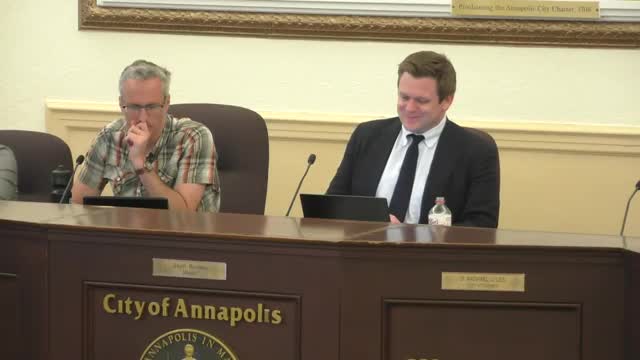Article not found
This article is no longer available. But don't worry—we've gathered other articles that discuss the same topic.
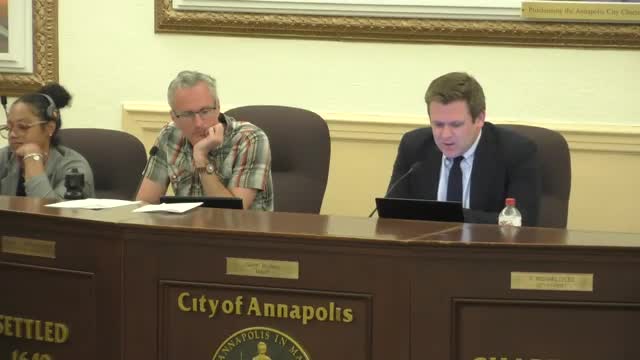
Annapolis maritime apprenticeship application moves toward state review; employers and MTAM seek September approval
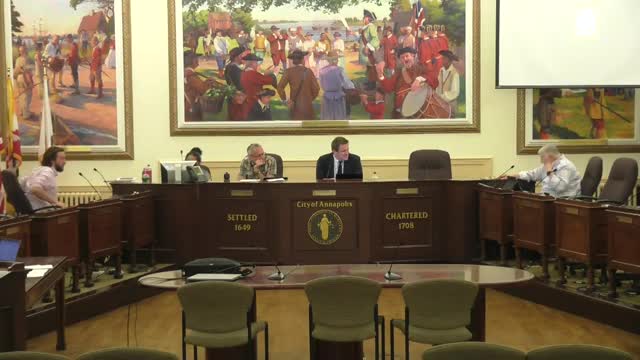
Alderman postpones action on financing/affordability ordinance to coordinate with finance staff
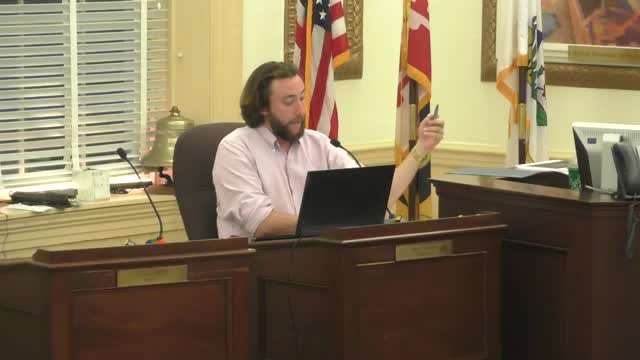
Annapolis committee backs block-based cap on short-term rentals, with follow-up work requested
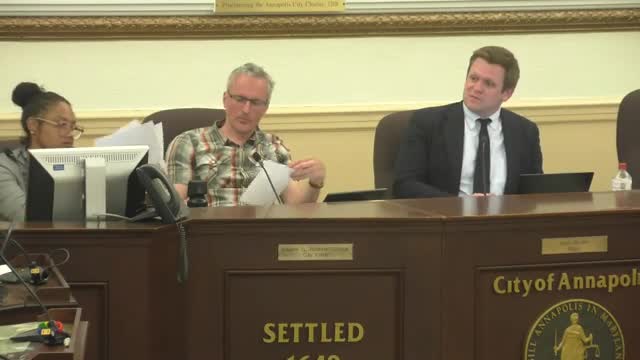
Committee to refine tour-operator rules after small-operator concerns
